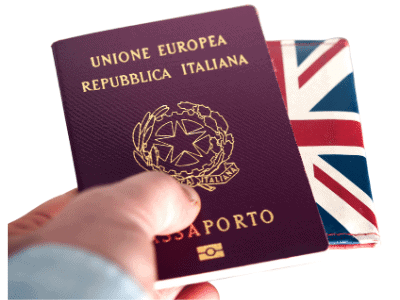Recommended
Begin Your European Property Investment Adventure Europe—a continent rich in …
Retirement is an exciting phase of life but requires careful …
Baja California is at the start of a 30-year growth …
The right to free movement, living, studying, and retiring in …
Cyprus boasts one of the most favorable tax systems in …
Croatia has emerged as a prime destination for digital nomads, …
Croatia has emerged as a prime destination for digital nomads, especially since pioneering Europe’s first Digital Nomad Visa (DNV) back in 2020, when many countries were still hesitant towards such initiatives.
With its stunning beaches, relaxed lifestyle, and Mediterranean ambiance, Croatia has become a magnet for remote workers seeking a blend of work and leisure.
However, the surge in popularity has driven up living costs significantly, influenced by Croatia’s adoption of the Euro and its shift away from Eastern European price standards.
Forget the bustling and increasingly expensive destinations like Dubrovnik and Hvar, reminiscent of St. Tropez. For digital nomads, here are the top 4 most desirable cities to live in Croatia:
Rijeka
As Croatia’s third-largest city, Rijeka boasts a vibrant seaport with a strong Italian heritage. Its Old Town is adorned with Venetian-style buildings, a medieval cathedral, and an ancient Roman castle atop a hill. Rijeka is renowned for its work-friendly cafes, including the popular expat haunt Priroda i društvo, and offers a lively social scene typical of its youthful, university town atmosphere. It’s also more budget-friendly compared to the overcrowded Dalmatian coast, with living costs averaging $1,667 per month, excellent safety ratings, and a multicultural environment where English and Italian are widely spoken.
Osijek
Located near Croatia’s border with Serbia in the Slavonian region, Osijek is a cultural hub blending a laid-back town vibe with historical richness. Its Austria-Hungary-era Old Town features Croatia’s grandest Neo-Gothic cathedral, the Church of St Peter and St Paul, and a top-tier Museum of Slavonia. Osijek offers ample green spaces and car-free zones, ideal for relaxation after work. Living expenses here are notably lower, averaging $1,303 per month, covering accommodation and dining costs, making it an attractive “workcation” destination away from the Adriatic crowds.
Cavtat
In the serene Dubrovnik-Neretva County, Cavtat stands out as a quiet fishing village and a hidden gem away from the bustling Dubrovnik. With its tranquil marina and turquoise Adriatic views, Cavtat offers a peaceful retreat, especially in the evenings when day-trippers disperse. Although less equipped for long-term stays compared to larger cities, Cavtat offers affordable month-long Airbnb rentals, averaging $1,964 monthly, providing a picturesque setting for remote work amid Dalmatia’s charm.
Zagreb
As Croatia’s capital, Zagreb offers a vibrant urban experience distinct from the coastal regions. Known for its dynamic nightlife, modern skyscrapers, and a wealth of coworking spaces, Zagreb is a cultural hub with a walkable Old Town featuring unique museums and a towering medieval cathedral. Despite lacking coastal access, Zagreb attracts nomads interested in Croatian culture and social life, offering a more economical option than Dalmatian Croatia, with an average monthly cost of $1,644.









